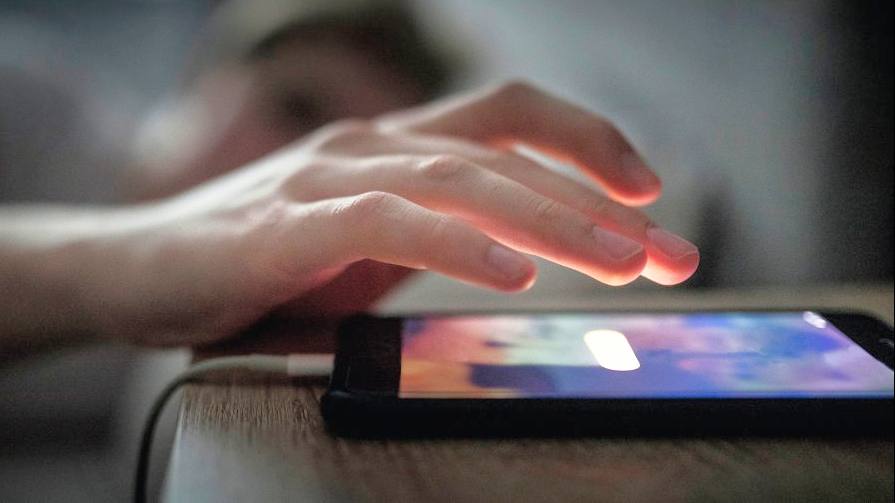
Contact tracing is one of those terms associated with the COVID-19 pandemic that has seemingly become a part of our everyday language. But it's a public health strategy that's been used for years to combat communicable diseases.
Contact tracing is the process of finding out who has recently been in close contact with a person infected with a virus, such as SARS-CoV-2, the virus that causes COVID-19, and reaching out to those people to let them know they may have been exposed and guide them on what to do next. In some cases, that may include self-isolating to prevent further spread.
Dr. Gregory Poland, a Mayo Clinic infectious diseases expert, explains why contact tracing is important in the fight against COVID-19.
Watch: Dr. Poland explains contact tracing.
Journalists: Sound bites with Dr. Gregory Poland are in the downloads at the end of the post. Please courtesy "Gregory Poland, M.D. / Vaccine Research Group / Mayo Clinic."
"The whole idea, and this is really important in the beginning of an outbreak in order to contain the outbreak, is to understand who's infected and then in broader and broader rings, trace who might have been exposed ― and therefore who might have been infected. If you can do that quickly and effectively, and efficiently, you can dramatically decrease the impact of an epidemic or pandemic," says Dr. Poland.
Dr. Poland says this time-tested public health strategy is standard with infectious diseases. It was used during the Ebola outbreak in 2014 and the severe acute respiratory syndrome outbreak in 2003.
Mayo Clinic recently established a system that integrates medical record data with nonclinical information and contact tracing resources to identify COVID-19 exposures within hours.
For the latest updates on the COVID-19 pandemic, check the Centers for Disease Control and Prevention website. For more information and COVID-19 coverage, go to the Mayo Clinic News Network and mayoclinic.org.







